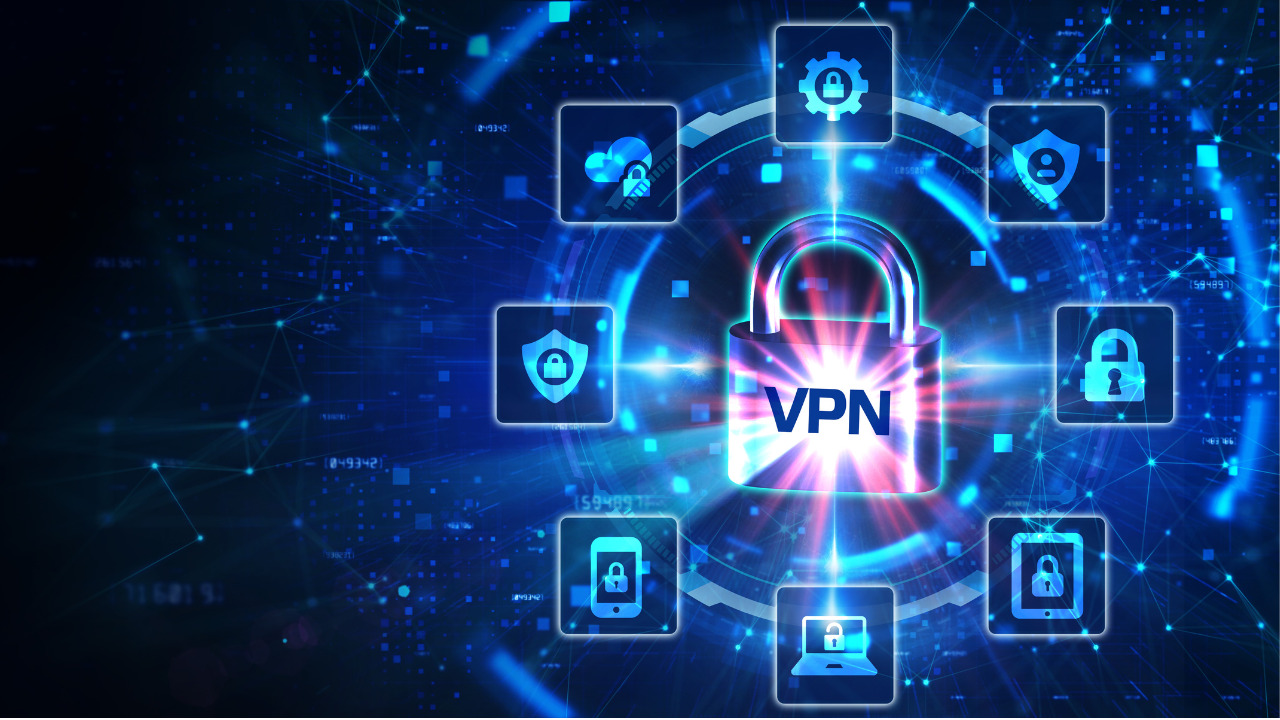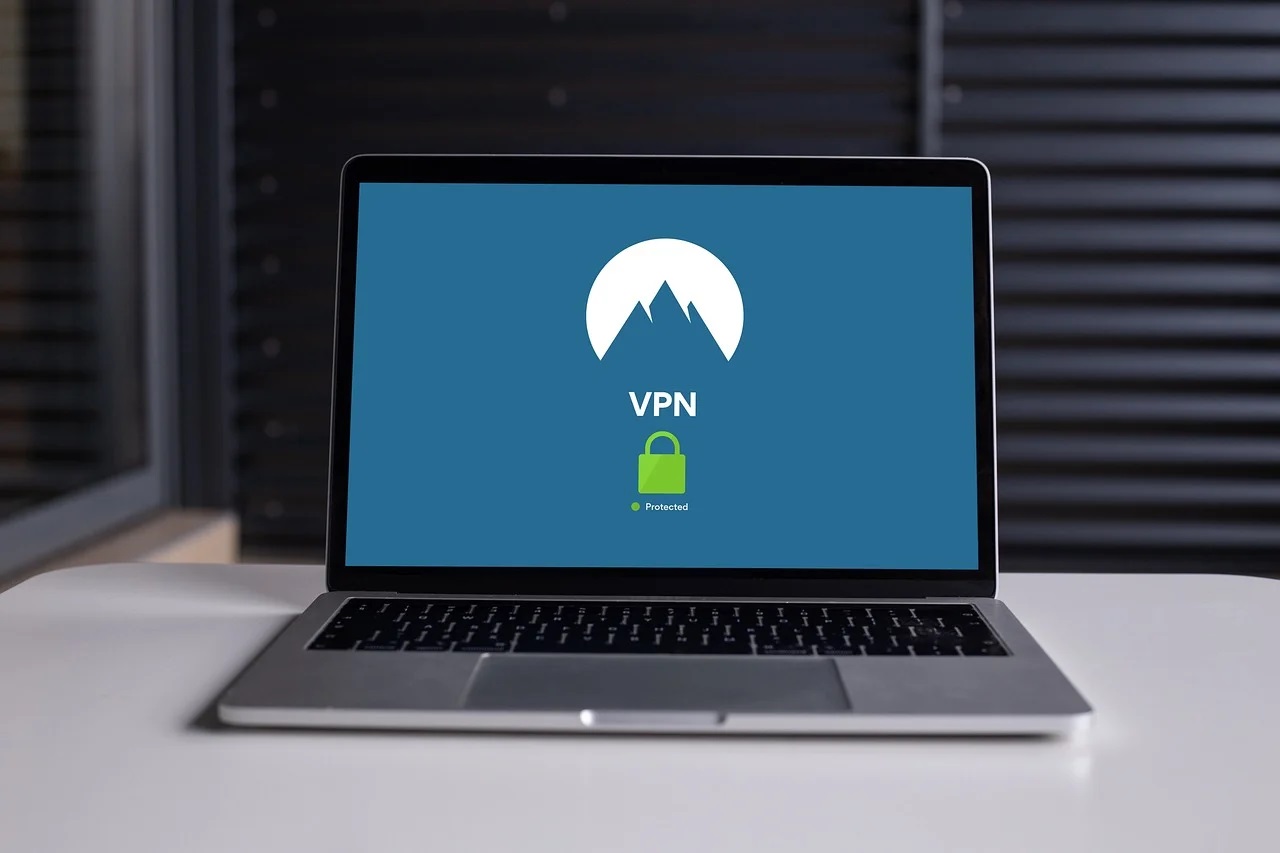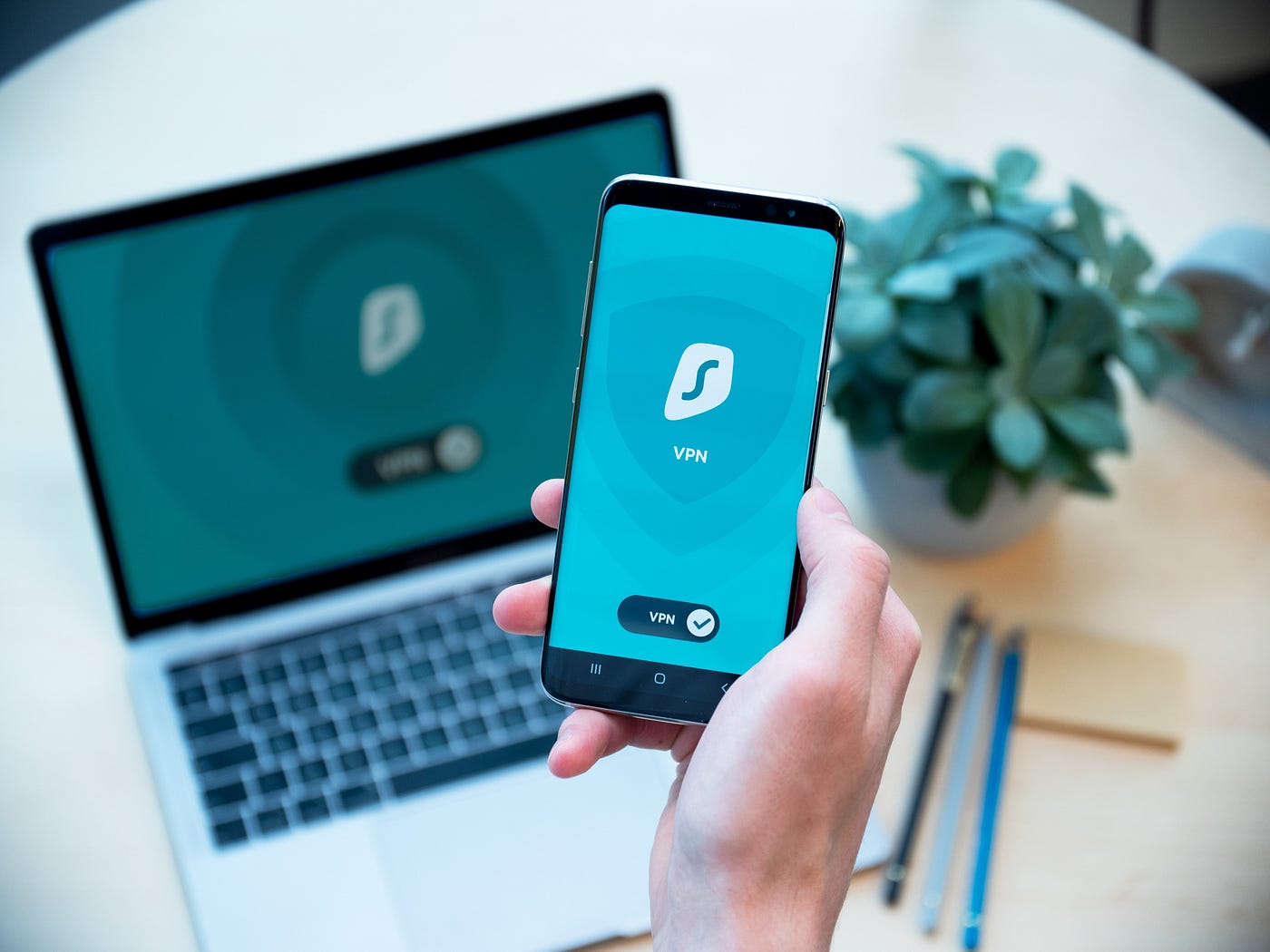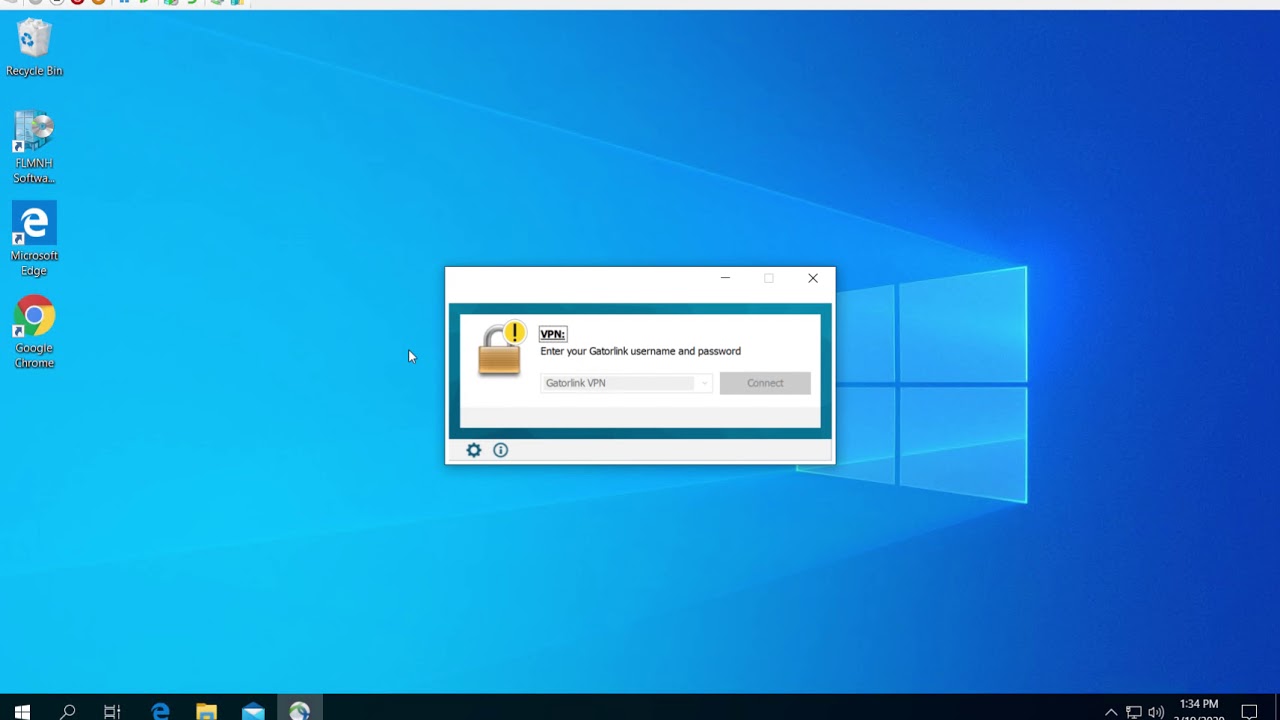Home>Software and Apps>Unlocking Online Freedom: The Power of VPNs in Changing IP Addresses
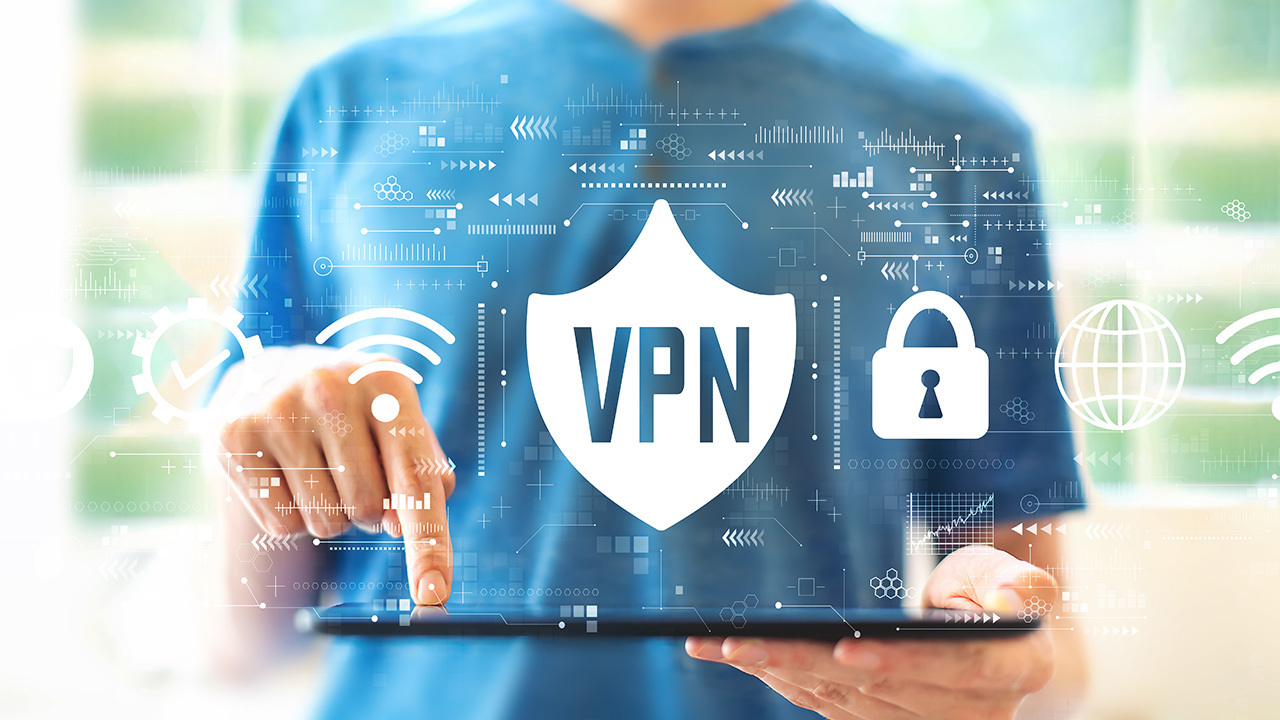

Software and Apps
Unlocking Online Freedom: The Power of VPNs in Changing IP Addresses
Modified: September 5, 2024
Discover the power of VPNs in changing IP addresses and unlocking online freedom with the latest software and apps. Enhance your online security and privacy today!
(Many of the links in this article redirect to a specific reviewed product. Your purchase of these products through affiliate links helps to generate commission for Techsplurge.com, at no extra cost. Learn more)
Table of Contents
Understanding the Importance of Online Privacy
Maintaining online privacy is crucial in today's interconnected world. Personal data has become highly valuable, making it essential to take proactive measures to safeguard digital footprints. Online activities such as browsing, streaming, and transactions can reveal sensitive information, which malicious actors can exploit.
The Risks of Unsecured Internet Use
Using unsecured internet connections, like public Wi-Fi networks, exposes users to significant risks:
- Hackers can intercept internet traffic and steal sensitive information.
- Malware can be installed on devices.
- Public Wi-Fi networks often lack robust security measures, making them vulnerable to attacks.
- Rogue hotspots set up by hackers can mimic legitimate networks, tricking users into connecting to insecure environments.
The Need for VPNs
Virtual Private Networks (VPNs) serve as a critical tool in mitigating these risks. By encrypting internet traffic and routing it through secure servers, VPNs create a private conduit for data transmission. This encryption ensures that even if hackers intercept the data, they cannot decipher its contents. VPNs mask the user's original IP address with that of the VPN server, effectively concealing the user's location and identity.
How VPNs Work to Change IP Addresses
The mechanism through which VPNs change IP addresses is rooted in the concept of tunneling.
Tunneling and Encryption
When a user connects to a VPN, their internet traffic is encapsulated within a secure tunnel. This tunnel is created by encrypting data packets using advanced cryptographic algorithms. The data is then transmitted through this encrypted tunnel to a remote VPN server. The VPN server decrypts the data and forwards it to its final destination on the internet.
IP Address Masking
The primary function of a VPN is to mask the user’s original IP address with that of the VPN server. This is achieved by routing the user’s internet traffic through the VPN server before it reaches its final destination. As a result, any website or service accessed by the user will see the IP address of the VPN server rather than the user’s actual IP address. This effectively conceals the user’s location and identity, providing a layer of anonymity and privacy.
Server Locations and Geo-Restrictions
One of the most significant advantages of using a VPN is the ability to select from a diverse array of server locations. By choosing a server located in a different country, users can bypass geo-restrictions imposed by websites and services. For example, streaming services like Netflix and Hulu are often restricted to specific regions. By assuming the IP address of a server located in one of these regions, users can access these services even if they are not available in their own country.
Benefits of Using VPNs for Online Freedom
Using a VPN offers numerous benefits that significantly contribute to enhancing online freedom and security.
Enhanced Security
The primary benefit of using a VPN is enhanced security. By encrypting internet traffic, VPNs protect users from eavesdropping, data theft, and other malicious activities. This encryption ensures that sensitive information remains protected throughout its journey across the network, safeguarding against unauthorized interception.
Read more: How To Tell If An IP Address Is A VPN
Anonymity and Privacy
VPNs provide users with a high level of anonymity by masking their IP addresses and concealing their true locations. This anonymity is particularly valuable in regions where internet freedom is restricted or where users face surveillance from their governments or other entities.
Access to Geo-Restricted Content
One of the most significant benefits of using a VPN is the ability to access geo-restricted content. By assuming the IP address of a server located in a different country, users can bypass restrictions imposed by websites and services, allowing them to access a global array of digital content.
Remote Access and Collaboration
VPNs also facilitate secure remote access to corporate networks, enabling employees to collaborate and access company resources from remote locations. This capability is particularly valuable in fostering productivity and flexibility in today's dynamic work environments.
Choosing the Right VPN for Your Needs
With the proliferation of VPN services, choosing the right one can be overwhelming. Here are some key factors to consider when selecting a VPN:
Encryption Protocols
Most VPN services offer various encryption protocols, such as WireGuard and OpenVPN. WireGuard is known for its speed and ease of use, while OpenVPN is highly customizable and supports strong encryption.
Server Locations
The number and diversity of server locations are crucial factors. Users should opt for a VPN that offers a wide range of server locations to ensure they can access content from various regions.
Logging Policies
It is essential to choose a VPN that has a strict no-logging policy. This ensures that the VPN provider does not store any logs of user activities, thereby protecting user anonymity.
Speed and Performance
While VPNs do reduce internet browsing speed slightly due to encryption, some VPNs perform better than others. Users should look for VPNs that offer fast speeds and minimal latency.
Read more: The Power of a Dedicated IP VPN
Tips for Maximizing the Power of VPNs
To get the most out of a VPN, users should follow these tips:
Regularly Update Your VPN Software
Regular updates ensure that your VPN remains secure and efficient. New updates often include patches for security vulnerabilities and improvements in performance.
Use a VPN Plugin for Browsers
For quick browsing sessions, using a VPN plugin in your browser can be beneficial. These plugins help block ads and trackers, providing an additional layer of protection.
Be Aware of Captchas and Website Blocking
Some websites may block VPN traffic, especially those used by cybercriminals. Users might encounter more captchas or be blocked by certain websites. This is more common with free VPNs, so it’s essential to choose a reputable paid service.
Read more: How To Hide My IP Address Without VPN
Practical Applications of VPNs
VPNs have numerous practical applications beyond just changing IP addresses. Here are a few examples:
Traveling Abroad
When traveling abroad, using a VPN can help users access their favorite streaming services or social media platforms that might be restricted in the destination country. It also ensures that personal data remains secure, even on public Wi-Fi networks.
Business Use
In the corporate world, VPNs facilitate secure remote access to company networks. This enables employees to collaborate and access company resources from anywhere, enhancing productivity and flexibility.
Online Gaming
For online gamers, using a VPN can reduce latency and improve gaming performance by routing traffic through servers closer to the game servers. It also helps in bypassing geo-restrictions imposed by gaming platforms.
Final Thoughts on VPNs
VPNs have transformed the way we approach online privacy and security. By changing IP addresses and encrypting internet traffic, VPNs provide users with a robust defense against cyber threats. Whether it's accessing geo-restricted content, ensuring secure remote access, or simply enhancing anonymity, VPNs offer a multifaceted approach to online freedom. As technology continues to evolve, the importance of VPNs will only grow, making them an indispensable tool in the digital age.

